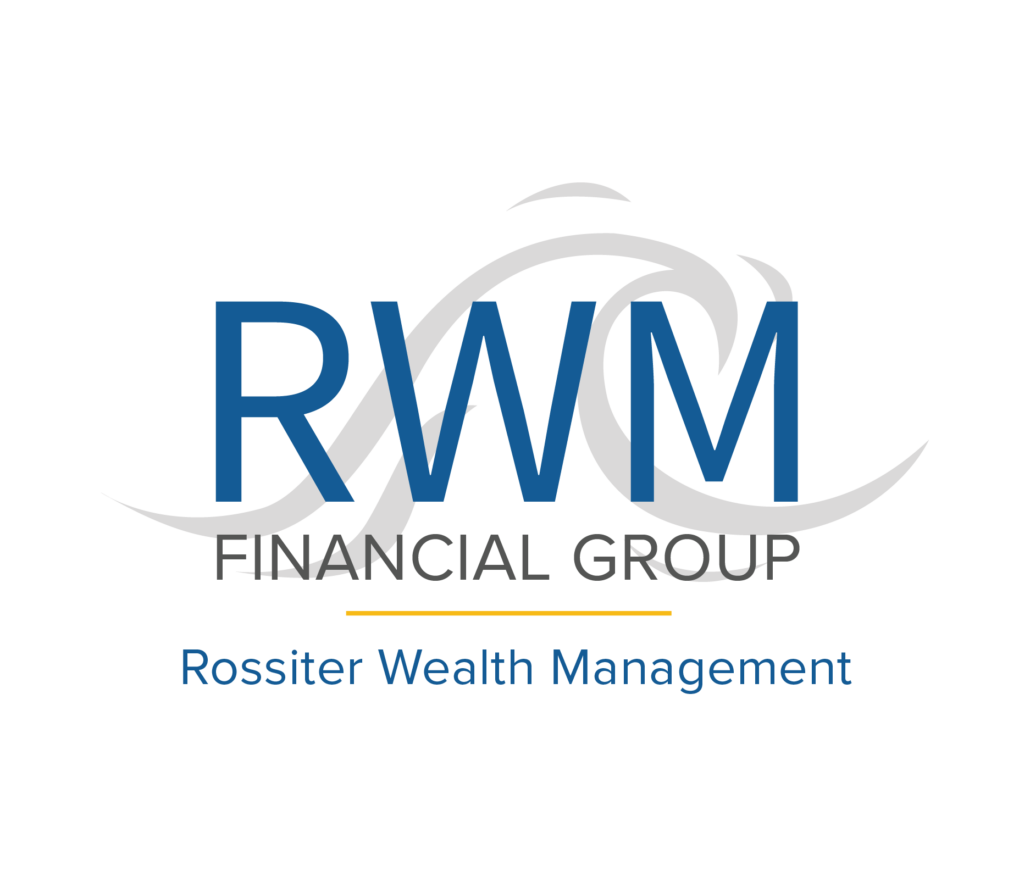Addressing Common Employee Questions and Concerns about 401(k) Plans
As an employer offering a 401(k) plan, it is important to provide your employees with the necessary information and support to help them make informed decisions about their retirement savings. In this blog, we will address common questions and concerns that employees often have regarding 401(k) plans. By proactively addressing these issues, you can promote employee engagement, boost participation rates, and enhance overall satisfaction with your retirement benefits program.
What is a 401(k) plan, and how does it work?
We’ll start by providing a clear and concise explanation of what a 401(k) plan is and how it functions. We’ll cover topics such as employee contributions, employer matching contributions, vesting schedules, investment options, and the tax advantages of participating in a 401(k) plan.
How much should I contribute to my 401(k) plan?
This section will guide employees on determining an appropriate contribution level based on their individual circumstances and financial goals. We’ll explain concepts like the power of compounding, maximizing employer matching contributions, and the potential long-term benefits of consistent contributions.
What investment options are available in a 401(k) plan?
Employees often have concerns about choosing the right investments within their 401(k) plan. We’ll provide an overview of common investment options such as mutual funds, target-date funds, and individual stocks. Additionally, we’ll emphasize the importance of diversification and the benefits of consulting with a financial advisor for personalized investment advice.
Can I access my 401(k) funds before retirement?
This section will address common questions about accessing 401(k) funds in case of financial emergencies or other unexpected circumstances. We’ll explain the rules and potential implications of early withdrawals, loans, and hardship distributions. It is crucial to educate employees about the potential impact on their long-term retirement savings and encourage them to explore alternative options before tapping into their 401(k) funds prematurely.
What happens to my 401(k) if I leave my job?
Employees often express concerns about their 401(k) funds when changing jobs. We’ll explain the available options, such as leaving the funds in the current plan, rolling them over to a new employer’s plan, or transferring them to an individual retirement account (IRA). By providing clear guidance, employees can navigate these transitions and make informed decisions regarding their retirement savings.
What is the difference between a traditional 401(k) and a Roth 401(k)?
Employees may have questions about the distinction between these two types of 401(k) plans. In response, explain that a traditional 401(k) allows pre-tax contributions, reducing taxable income in the year of contribution, while a Roth 401(k) allows after-tax contributions, with tax-free withdrawals during retirement. Discuss the advantages and considerations of each option to help employees determine which is more suitable for their needs.
How can I monitor and track the performance of my 401(k) investments?
Employees may express concerns about tracking the performance of their 401(k) investments. Provide guidance on accessing online portals or tools offered by the plan provider for monitoring account balances, investment performance, and contribution history. Explain the importance of regularly reviewing investment performance and making adjustments as needed to align with long-term goals.
What are the penalties for early withdrawals from a 401(k) plan?
Discuss the penalties associated with early withdrawals from a 401(k) plan. Explain that if funds are withdrawn before the age of 59 ½, they are generally subject to income tax and a 10% early withdrawal penalty. Emphasize the long-term impact of early withdrawals on retirement savings and encourage employees to explore other options, such as loans or hardship distributions, only as a last resort.
Are there any limits on annual contributions to a 401(k) plan?
Inform employees about the annual contribution limits set by the IRS. Explain that for 2023, the limit for employee elective contributions is $19,500, with an additional catch-up contribution of $6,500 for individuals aged 50 and older. Discuss the benefits of maximizing contributions up to these limits to take full advantage of the tax benefits and potential employer matching contributions.
Can I roll over funds from a previous employer’s retirement plan into my current 401(k) plan?
Explain the process of rolling over funds from a previous employer’s retirement plan into the current 401(k) plan. Discuss the benefits of consolidation, such as simplified account management and potential access to a broader range of investment options. Encourage employees to consult with their plan administrator or a financial advisor for guidance on the rollover process.
Final Notes
Addressing common employee questions and concerns about 401(k) plans is essential for fostering a sense of financial security and well-being among your workforce. By providing clear and accessible information, you empower your employees to make informed decisions about their retirement savings. Remember to encourage employees to seek professional guidance from financial advisors and periodically review their retirement strategies to ensure they stay on track towards a financially secure future.
By proactively addressing these questions and concerns, you can create a positive and supportive retirement benefits program that helps your employees achieve their long-term financial goals.
Learn More About RWM
There are many moving parts when designing, implementing, and administering a retirement plan. However, when you focus on the key areas in your initial design or partner with a professional specializing in retirement plans and administration, you can strive to avoid the common challenges and unnecessary costs while helping your employees succeed.
At RWM Financial Group, we help commercial businesses and governmental agencies design and oversee well-managed retirement plans in non-tribal and tribal organizations. Learn more about building a custom, cost-effective strategy that is compliant and promotes success for you and your employees.
This information is not intended as authoritative guidance or tax or legal advice. You should consult your attorney or tax advisor for guidance on your specific situation. In no way does the advisor assure that, by using the information provided, plan sponsor will be in compliance with ERISA regulations.









